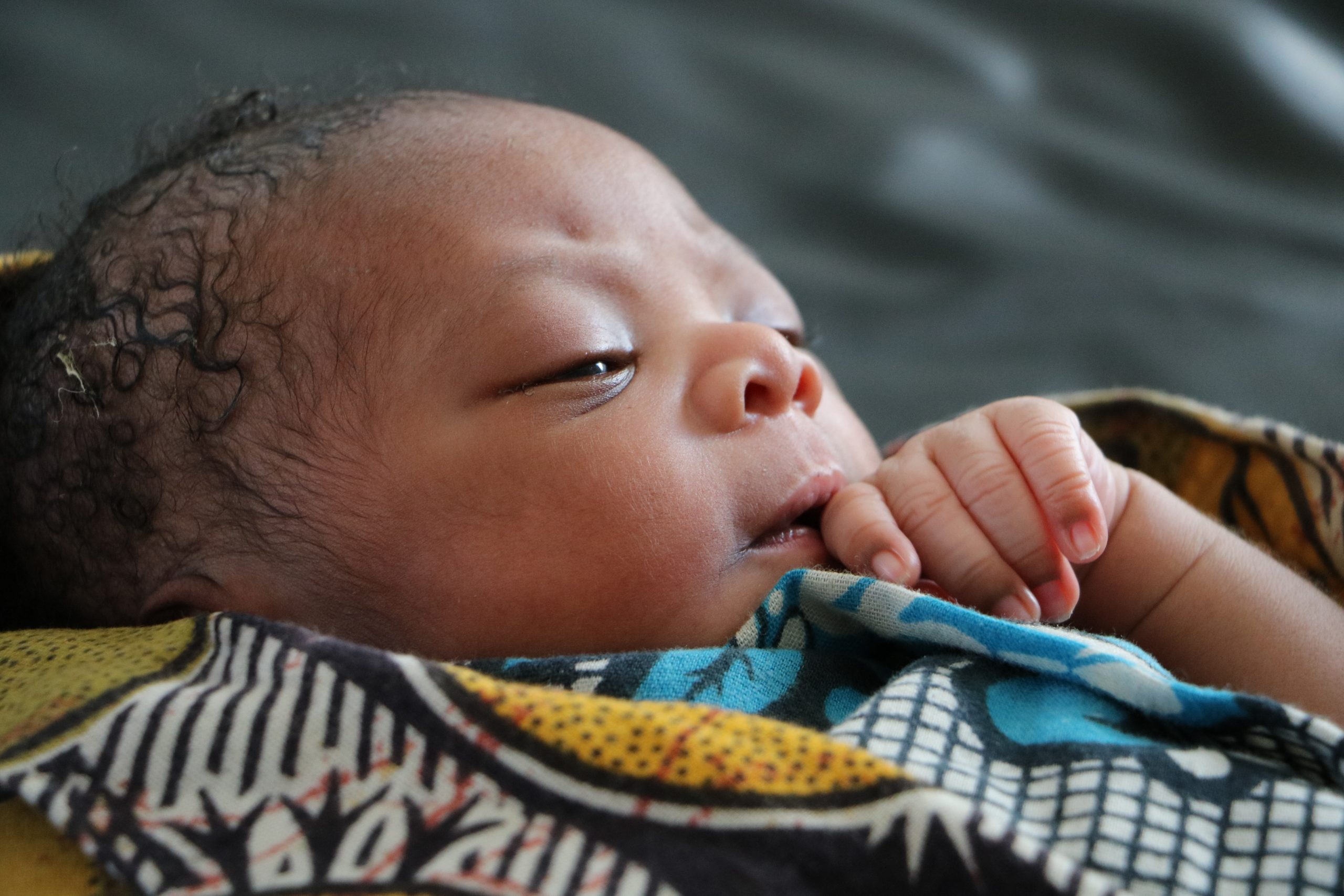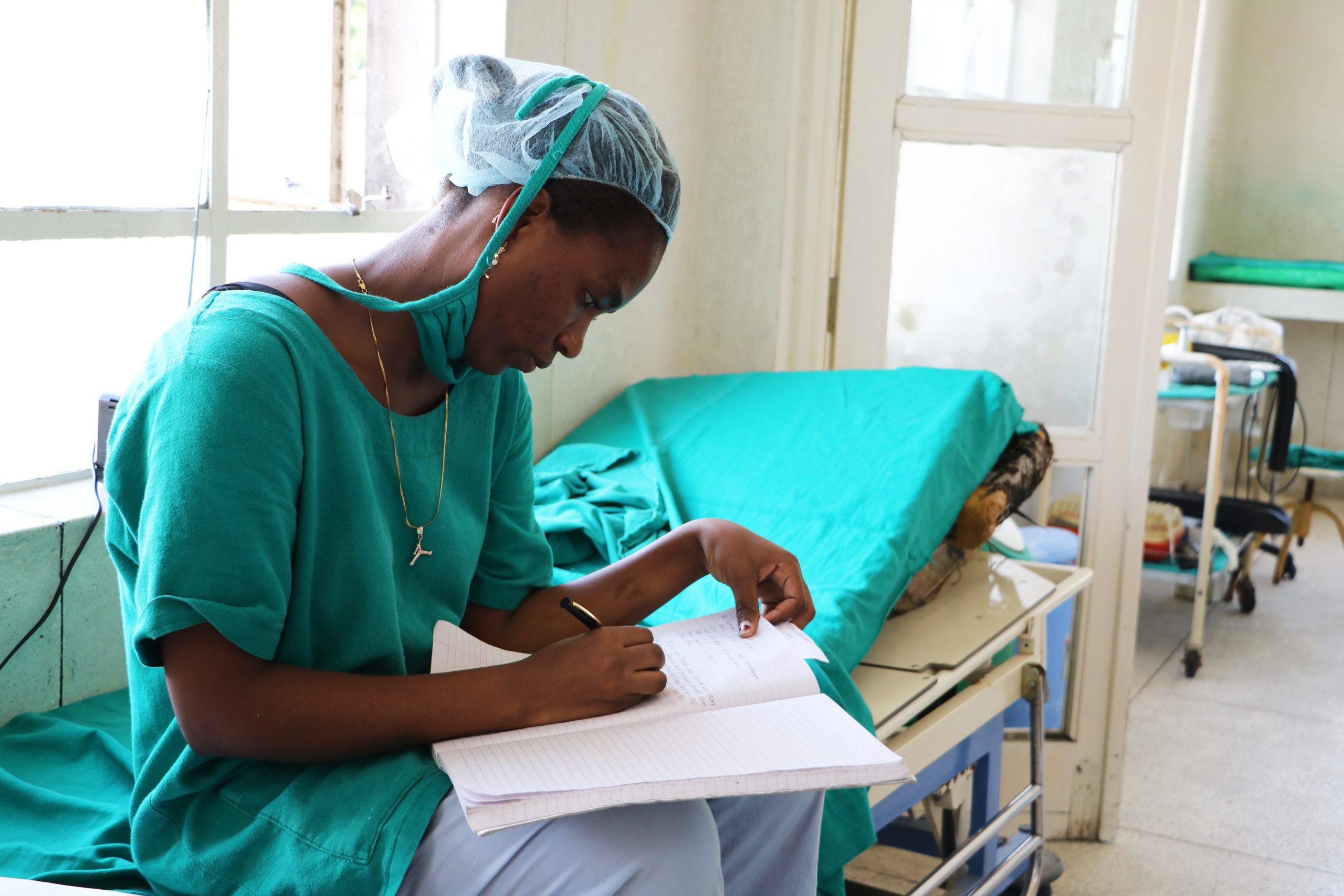Mothers and Babies in Dar
Many preventable deaths
Every day around 800 women die because of complications related to pregnancy and childbirth. Nearly all of these deaths occur in low-resource settings and are preventable. The main reasons for not surviving the birth of your child are bleeding, pre-eclampsia and infections. Every year 8000 mothers die in Tanzania. That translates into 410 dead mothers for every 100 000 babies born. In Sweden the corresponding number is 4. And, as in every country in this world, the death of a mother has devastating effects on the loved ones she leaves behind. In a low-resource setting it also gravely impacts the possibilities of her children to have a future at all.
For every 1000 live births in Tanzania 35 babies die. In Sweden the figure is 2,4. According to the WHO up to two thirds of the deaths of newborns can be prevented if simple and effective health measures are applied immediately after birth. The main causes of these deaths are infections, birth trauma and poor breathing, all of which can be prevented by applying the basic principles of maternity care and ABC Life Support.
Spreading the ABCs can have a great impact
Spreading the knowledge and use of the ABCs of life support can have a great impact on the survival of mothers and babies in low-resource settings. Through an established collaboration with hospitals and authorities in Dar es Salaam, Tanzania the Life Support Foundation aims to strengthen the specialty of Anaesthesia, which is home to the life support principles needed to save lives in any setting.


Kavli Trust
With the help of the Kavli Trust Life Support Foundation has completed the project “Life Support For Mothers and Babies in Dar”. Life Support Foundation has conducted training in Dar es Salaam, focusing on basic life saving measures, such as how to evaluate and resuscitate mothers with heavy bleeding, how to help newborns breathe, and how to give safe anaesthesia for Caesarean sections.

Staff exchanges icreases morale, knowledge and skills
Staff exchanges between Stockholm and Dar es Salaam have been held to increase morale, knowledge and skills. Effective clinical guidelines and checklists for Tanzanian hospitals are being developed and and pulse oximeters are being introduced into operating theatres and recovery rooms to ensure safe and quality care. IMG_0454_2The work is strengthened through research projects that investigate the best methods of conducting anaesthesia and life support in low-resource settings.
With these simple measures we and our Tanzanian colleagues will contribute to more babies leaving the hospital in the arms of their mothers.

